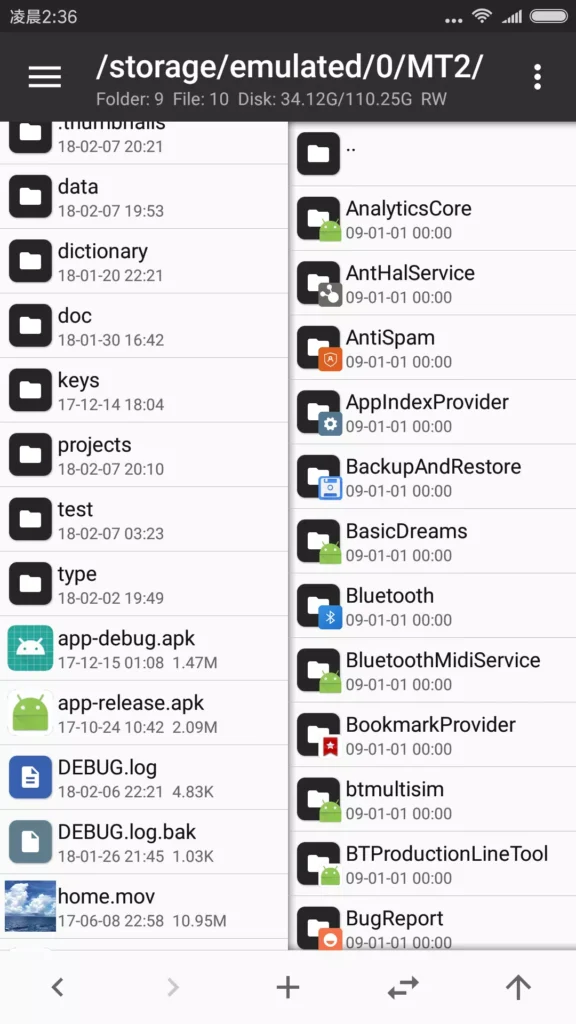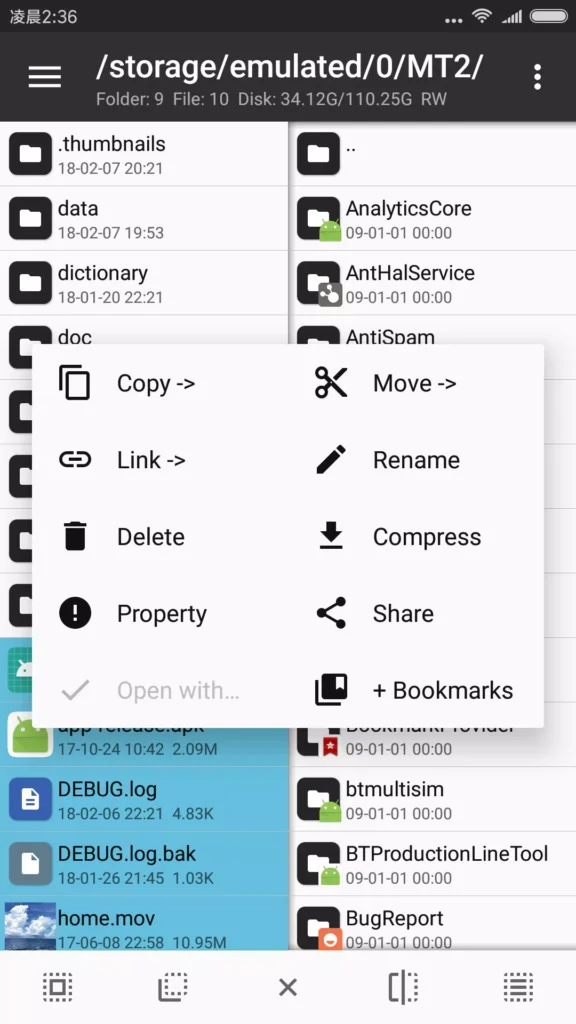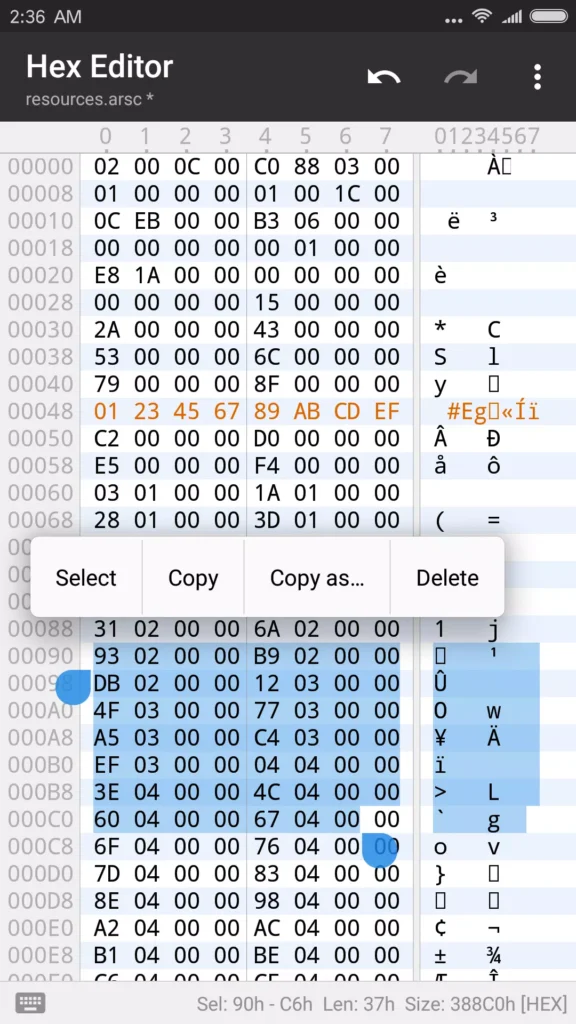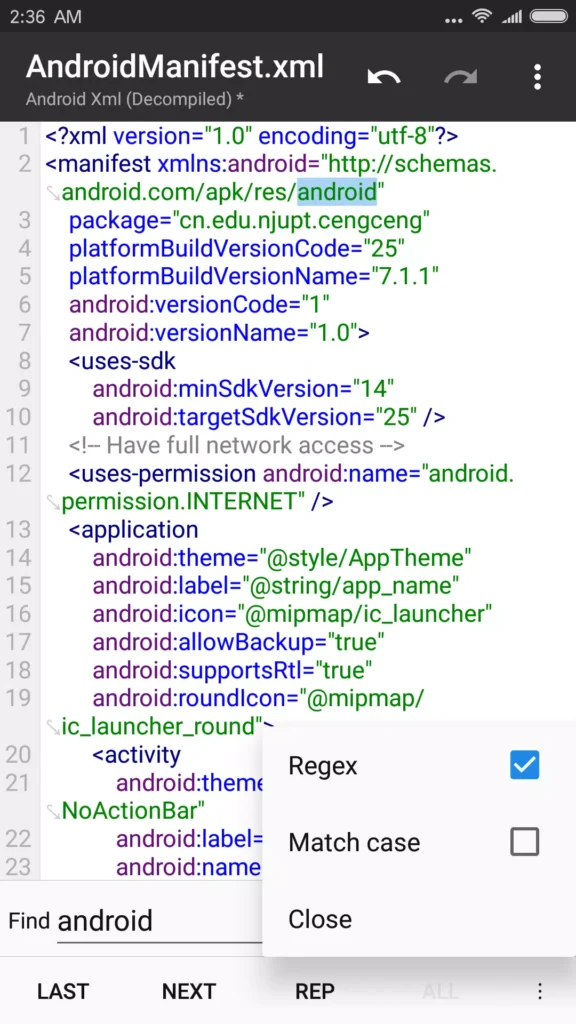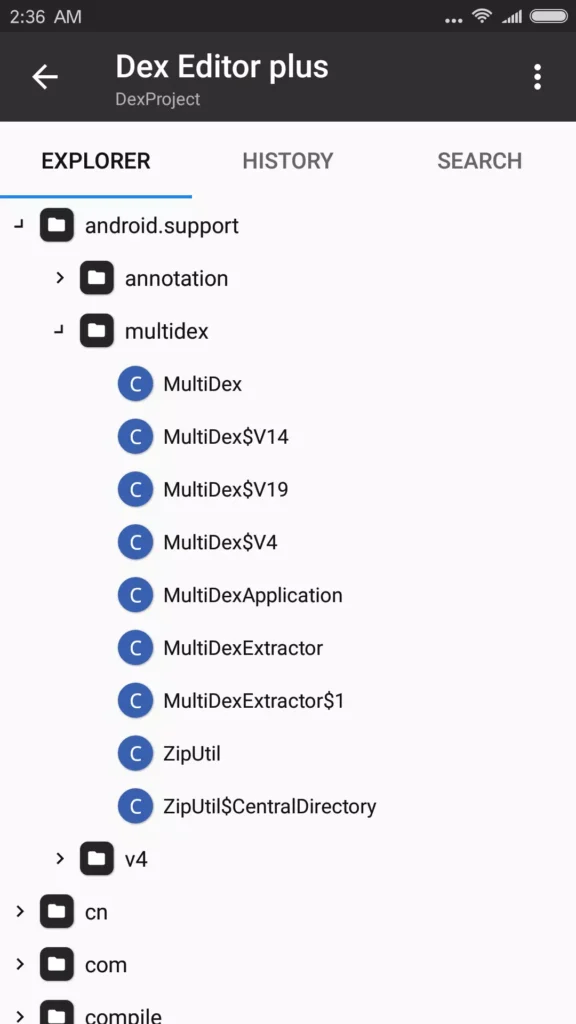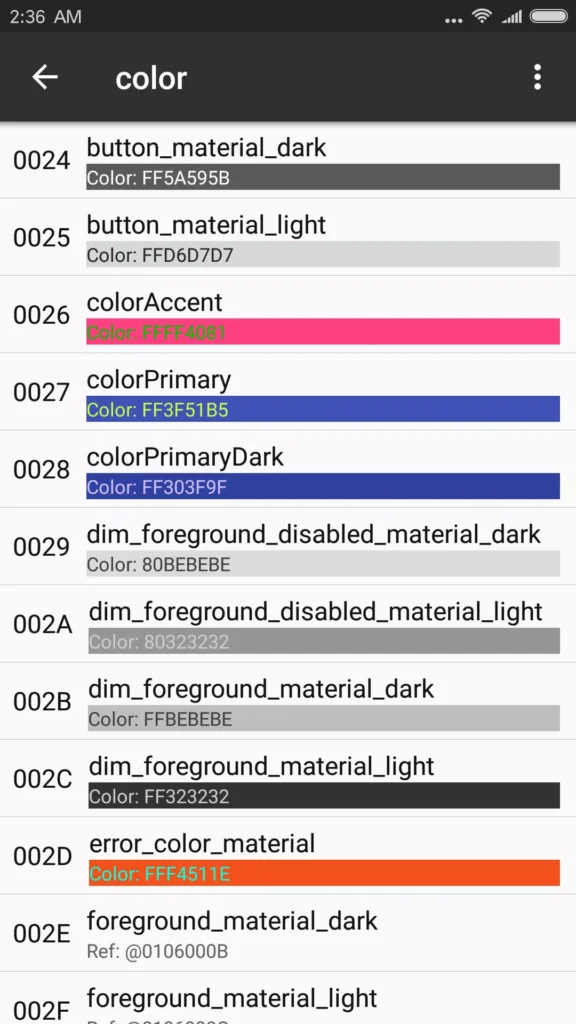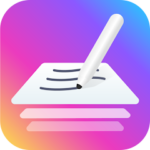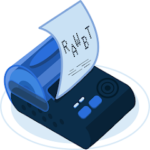Mastering Android File Management: Essential Tips and Tools
Managing files efficiently on your Android device is crucial for optimizing storage space, enhancing performance, and keeping your data organized. Whether you store personal files, documents, applications, or software on your Android phone, having the right tools and knowledge can make a significant difference. This guide will provide valuable insights into file management, system customization, and best practices for maintaining your device.
Essential File Management Tips
- Organize Your Files:
- Create Folders: Categorize your files by creating folders for documents, images, videos, and apps. This makes it easier to find and manage your data.
- Use Descriptive Names: Rename files and folders with descriptive names to quickly identify their contents.
- Optimize Storage Space:
- Clear Cache: Regularly clear cache files to free up storage space and improve device performance.
- Delete Unused Apps: Uninstall apps that you no longer use to reclaim storage space.
- Move Files to Cloud Storage: Use cloud storage services like Google Drive or Dropbox to store files online and free up space on your device.
- Back Up Important Data:
- Regular Backups: Schedule regular backups of your important files to prevent data loss.
- Use Backup Apps: Consider using backup apps that automate the process of saving your data to the cloud or an external device.
Improving Android Performance
Proper file management can significantly enhance your device’s performance. Here are some tips to keep your Android running smoothly:
- Clear Unnecessary Files:
- Temporary Files: Remove temporary files and old downloads to free up space.
- Duplicate Files: Use file management tools to identify and delete duplicate files.
- Optimize App Usage:
- Manage Permissions: Review app permissions and disable unnecessary access to improve security and performance.
- Disable Bloatware: Turn off or uninstall pre-installed apps that you don’t use.
- System Maintenance:
- Update Software: Keep your Android OS and apps updated to benefit from the latest features and security patches.
- Reboot Regularly: Restart your device occasionally to clear memory and improve performance.
Exploring Root Access
Root access allows users to gain administrative control over their Android devices. While it provides advanced customization options, it also comes with risks. Here’s what you need to know:
- Benefits of Root Access:
- Custom ROMs: Install custom ROMs to change the look and functionality of your device.
- Advanced Tools: Use powerful tools for file management, system customization, and performance enhancements.
- Access Restricted Features: Unlock features that are typically restricted on non-rooted devices.
- Risks of Root Access:
- Security Vulnerabilities: Rooting can expose your device to security risks and malicious software.
- Void Warranty: Rooting your device may void its warranty and support.
- System Instability: Incorrect modifications can lead to system instability and crashes.
People Also Ask
Q: How can I free up storage space on my Android? Clear cache, delete unused apps, and move files to cloud storage to free up space on your device.
Q: What are the best practices for organizing files on Android? Create folders, use descriptive names, and categorize files by type for easy management.
Q: Is root access necessary for advanced file management? Root access is not required for basic file management but provides additional customization options for advanced users.
Q: How do I back up my Android data? Use cloud storage services or backup apps to schedule regular backups of your important files.
Conclusion
Efficient file management and system customization are essential for maintaining your Android device’s performance and organization. By following these tips and using the right tools, you can optimize storage space, enhance performance, and keep your data secure. Whether you’re managing personal files or exploring advanced customization options, the key is to stay organized and informed.
If you have any questions or want to know more, feel free to ask in the comments below. You can download various file management apps from the Google Play Store and start optimizing your Android device today.


